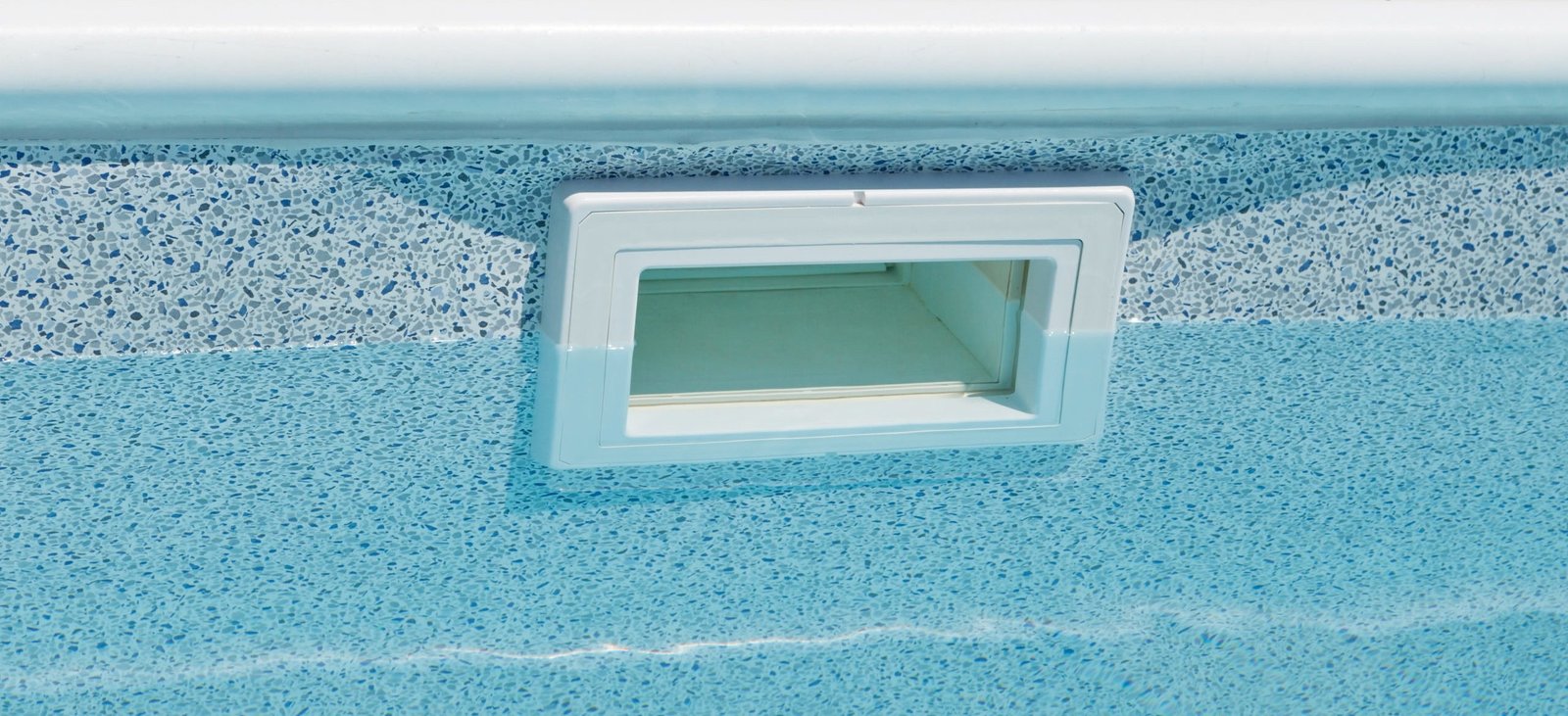Owning a pool can be a great source of joy, especially during the warm months of the year. However, it can become a source of frustration if it starts to develop algae. Not only can algae make your pool look unsightly, but it can also pose health risks. Fortunately, there are ways to keep your pool algae-free all season long. In this article, we’ll explore the basics of pool algae growth and provide essential tips for preventing it.
Understanding the Basics of Pool Algae Growth
Algae, which are single-celled organisms that grow in water, are a natural and common occurrence in bodies of water such as swimming pools. However, if not controlled, they can quickly grow and spread, causing a multitude of problems. Algae can make your pool water cloudy, slimy, and even cause a foul odor. Moreover, it can harbor harmful bacteria and pathogens that can cause skin infections, rashes, and other health problems.
The three most common types of algae that grow in swimming pools are green, yellow, and black. Green algae is the most prevalent and can easily be controlled with proper pool maintenance. Yellow algae is more resistant to chlorine and needs a specific treatment to eliminate it. Black algae, on the other hand, is the most difficult to eradicate as it grows roots that can penetrate the pool surface. Prevention is, therefore, key in ensuring your pool remains healthy and algae-free.
Top Tips for Keeping Your Pool Algae-Free All Season Long
- Regularly test your pool water: Testing your pool water weekly is crucial in maintaining proper chemical balance. The pH level should be between 7.2 and 7.6, and the total alkalinity between 80 and 120 parts per million (ppm). Chlorine levels should be maintained between 1 and 3ppm, while cyanuric acid levels should not exceed 50ppm.
- Keep your pool clean: Regular cleaning of your pool is important in preventing the buildup of debris and organic matter that can fuel algae growth. Scrubbing the pool walls and floor, skimming the surface of leaves and other debris, and vacuuming the pool regularly will go a long way in keeping it sparkling clean.
- Shock your pool regularly: Shocking your pool entails adding a large dose of chlorine to the water to kill any bacteria or algae present. Shocking should be done once a week during normal use and after a heavy rainstorm or a pool party. Always follow the manufacturer’s instructions when adding pool chemicals.
By following these tips, you can enjoy a clean and algae-free pool all season long, ensuring a safe and enjoyable swimming experience for you and your loved ones.
Keeping your pool algae-free requires consistent effort and proper maintenance. However, by understanding the basics of algae growth and following the tips provided, you can prevent it from becoming a problem and enjoy your pool throughout the summer.



